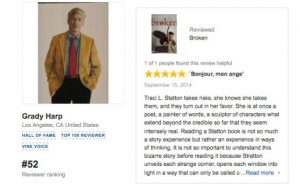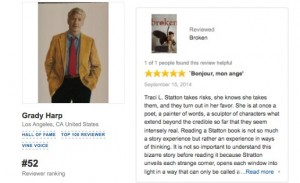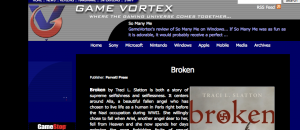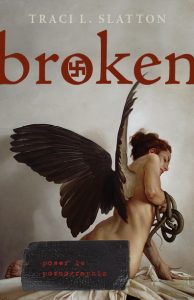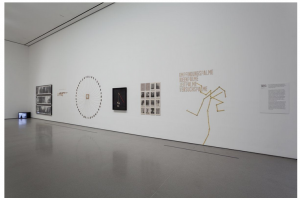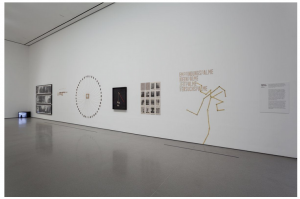My New HuffPo Piece: Five Questions You Must Ask Your Protagonist
Here’s my latest piece on the Huffington Post, some advice for writers: questions you must ask your protagonist.
To pull off the herculean task of leading a reader through a few hundred pages of a book, that character has to be magnetic. Here are five questions to ask your protagonist, and the answers will lead to a fully fleshed out person who captivates your readers.
One. What do you do, and are you good at it? Americans always want to know what someone does for a living. Increasingly, because of the global economic situation, readers all over the globe are curious, how does this character support herself? The answers yield important information….
Two. What was your happiest childhood memory? This question helps create a backstory for the character….
Three. What is the biggest loss or regret of your life? Real people are scored and sanded down and polished by failure and tragedy. Real people have regrets….
Four. What is your goal? That is, what do you want? This question goes right to the heart of your story, of course. The action itself revolves around the character trying to achieve something or avoid something, whether it’s to rescue a child, find a lost treasure, make a million dollars, arrive in the Emerald City, steal a fortune in gold bullion, or rescue a naughty billionaire with a penchant for kink. It’s the story itself. However, there are usually two levels, the concrete and the intangible.
These are questions that lead me into fuller character development, so I know my protagonist inside out, upside down, and backwards. The first person is my preferred person for writing a novel, and these questions help me feel as if I am slipping inside my character like falling down a chute. I think it helps storytellers to have tricks like these. Of course, it is most helpful to develop your own strategies….
Find the article here.


